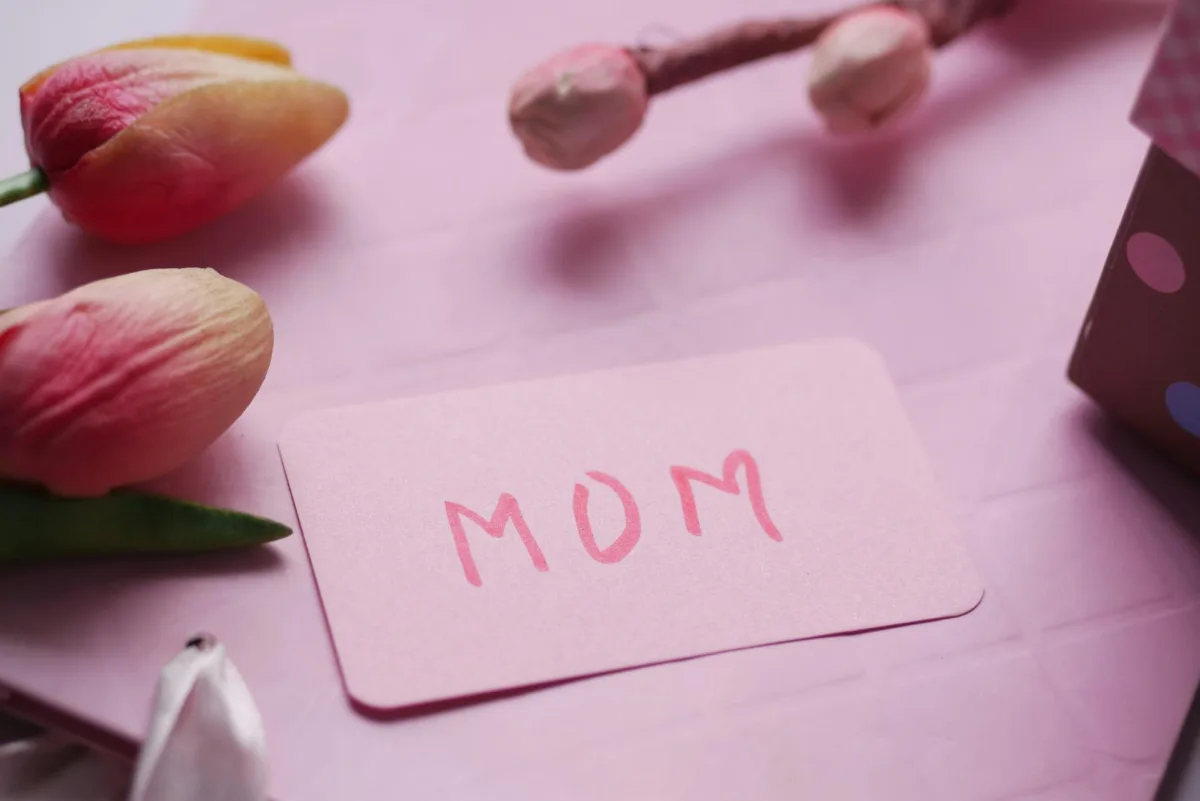‘Mama’s Gonna Mama, No Matter Where They At’
If I protect and guide someone else’s child in here, maybe someone will do mine out there.

Prison has robbed my three children of 17 years of Mother’s Day. But this year, Mother’s Day gifts started arriving two months early. I’ve lived in solitary confinement for the last eight years and my neighbors here slip heartfelt letters of gratitude and handmade cards under my door for the holiday. I get larger packages, too. Prohibited gifts of colored ink pens and highlighters stolen from teachers and prison guards. A crossword puzzle book and a bag of coffee with a note explaining: “Do these puzzles, they’re good for old people’s brains and drink coffee to live long, Mama Detroit! Happy Mother’s Day!”
The gifts come from my surrogate kids in solitary confinement, the general population, other prisons, and even released folks. Although they aren’t a substitute for my three children, it’s fulfilling to feel loved, needed, and appreciated.
Recently, I told my 96-year-old great-aunt Doll about the gifts from the young women. Married for over 70 years and a survivor of 17 childbirths, she wasn’t easily impressed. As I discussed my chosen family, her Southern manners evaporated, but her Tennessee twang remained.
“You ain’t doing nothing new,” she interjected. “Black women been doing that since we got here.”
It was a reminder that, for a person descended from free African people who were later enslaved in America, caring for unrelated folks is common. Historically, women of color have raised and loved others’ children no differently than their biological ones. America has a long history of separating children from parents, from slavery to the boarding schools and genocide of Native Americans. Other surrogate mothers in prison with me have taken a few youngsters under their wings because they remind them of their younger selves. Those makeshift parents have spoken of a karma pact with the universe: If I protect and guide someone else’s child in here, maybe someone will do mine out there.
Aunt Doll agreed.
“Mama’s gonna mama, no matter where they at,” she told me. “You suppose to mama them kids if you want folks to mama yours—we all connected.”
She launched into a story I’d never heard before about my great-uncle Nelson. His mother died during childbirth and he was swaddled and carried to the closest home where a breastfeeding woman lived. The woman was Aunt Doll’s mother—my great-grandmother Mary Edna. He was raised as a brother among Edna’s other children: 17 biological and 5 unrelated.
In what would turn out to be my last conversation with Aunt Doll before she joined the ancestors, she summed up her expectations of me succinctly:
“Childbirth ain’t got nothing to do with motherhood,” she said. “Help them youngsters and shut up about it. Ain’t nobody clapping when fish swim.”
